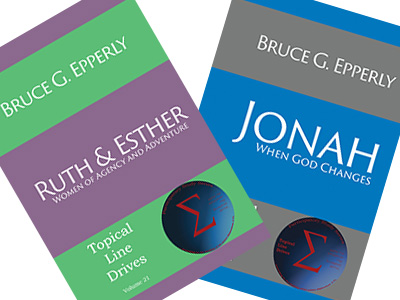Psalm 119:133 – Mastery
Establish my steps in your word.
Don’t let any evil have mastery over me.
I like the rendering of the REB for this one, and in fact used the word “mastery” as they do.
Make my step firm according to your promise,
Psalm 119:133 (REB)
and let no wrong have the mastery over me.
Note that this translation is very different in what it prioritizes to convey than the translation I took from Seeing the Psalter in yesterday’s post. In that book, the emphasis is on the connections in word usage and in Psalm 119 on the acrostic. The REB emphasis is on conveying meaning to a modern audience. This is a legitimate difference in translations, but it is useful to be aware of the translators’ intent when reading.
I’m very interested in this text, because it relates to a couple of theological concepts I use personally. One of these is the idea of mastery. You will be mastered by something. I’ll look first at a New Testament passage for this:
When you were slaves of sin, you were free in regard to righteousness…. But now that you have been freed from sin and enslaved to God, the advantage you get is sanctification.
Romans 6:20,22 (NRSV)
This relates also to the two ways concept which is presented in Deuteronomy: “See, I have set before you today life and prosperity, death and adversity” (30:15). You’re going to have one or the other.
In Paul’s case he carries on with this subject in Romans 7 discussing this slavery and the liberation which he then expounds in Romans 8.
Jesus says something similar in the Sermon on the Mount.
No one can serve two masters; for a slave will either hate the one and love the other, or be devoted to the one and despise the other. You cannot serve God and wealth.
Matthew 6:24 (NRSV)
I’d also add Galatians 5:16-26 were we have the works of the flesh and the fruit of the spirit contrasted.
Each of these text shows a binary choice as to where our loyalties will be, or whom we will serve.
I wrote a note on these textual relationships earlier today. Here I’m bringing together concepts that were not originally intended to work together, nor is there a textual relationship between Deuteronomy 30:15 and Galatians 5:16-26. Yet I would bring them together in talking about this idea of a core approach to life which controls who we are. If you reference my note above regarding textual relationships, these are all in #6 and #7, things I have brought together, and not necessarily relationships I believe the authors would actually have noted.
All this leads to a basic question: What drives you?
(Featured image generated by Jetpack AI.)


